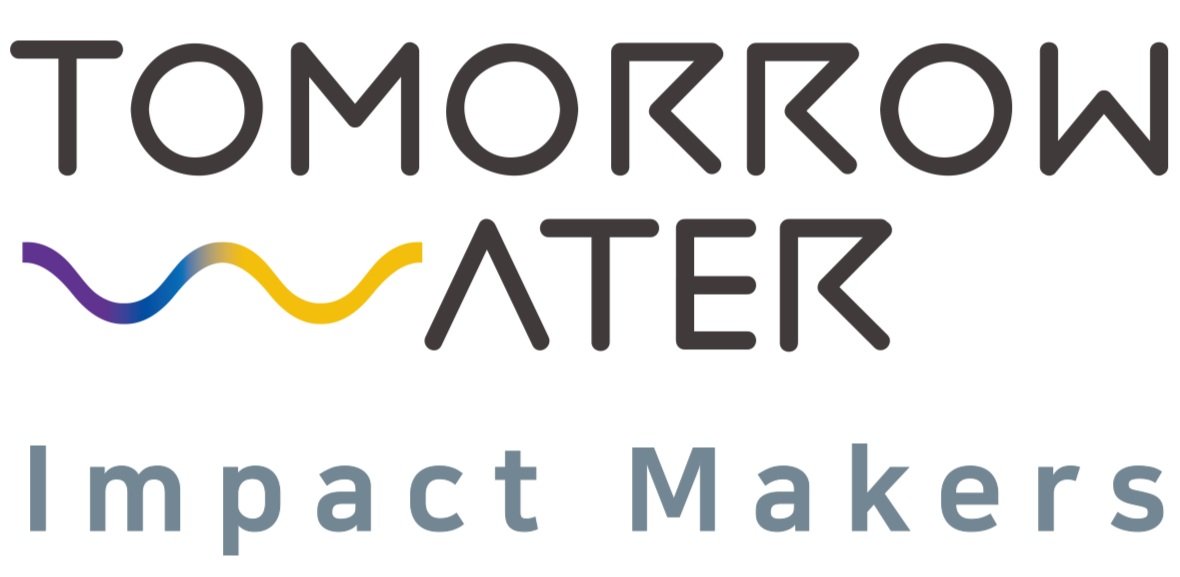USDA awards grant to Tomorrow Water to develop a solution for recycling keratin from waste
Tomorrow Water will use the money to develop an ecofriendly solution to recycling keratin from livestock rendering waste.
California-based Tomorrow Water, a company specializing in water treatment solutions, has been awarded a Small Business Innovation Research Program (SBIR) grant by the U.S. Department of Agriculture (USDA). The funding will support the development of environmentally friendly technology that extracts and upcycles keratin from discarded animal rendering waste.
The process, called Draco, uses thermal hydrolysis to process keratin from animal rendering waste without the use of any caustic or environmentally damaging chemicals. Draco uses only water, heat and pressure to extract keratin from animal waste. The Draco process preserves keratin's chemical structure as much as possible, which is important for downstream uses in pharmaceutical products and high-end cosmetics.
The company says that the keratin can be purified using its FMX technology, an ultrafiltration system that separates the keratin from the Draco-treated animal waste slurry.
The first $100,000 SBIR grant awarded to Tomorrow Water by the USDA will fund Phase I development of the Draco-FMX technology. After Phase I, Tomorrow Water will apply for Phase II SBIR funding, which would provide more than $600,000 for prototype scale-up and field demonstration work.
According to a press release by Tomorrow Water, the livestock industry creates billions of tons of waste annually. While carcasses, offal and bones are converted into products at rendering plants, millions of tons of feathers, nails, hair and wool end up in landfills. This discarded waste slowly decays to produce methane and other greenhouse emissions.
The company says this waste stream is rich in keratin, the fibrous protein that gives hair and nails their strength and structure. Demand for keratin has skyrocketed in the cosmetics and health products industries because of its dermatological and anti-aging properties.
Existing technologies that extract keratin from animal waste use large amounts of chemicals like ammonia, which generates chemical waste. The company says this technology can also alter the chemical structure of the keratin, potentially affecting its usefulness.
"This provides a truly ecofriendly and cost-efficient solution to convert a significant waste stream—animal rendering waste—into a substantial profit stream," says Ken Tasaki, vice president of business development for Tomorrow Water. "Innovative new processes like ours are crucial to the success of the global push toward a 'circular economy,' wherein waste is minimized and valuable resources are recycled."
Waste Day Magazine: https://www.wastetodaymagazine.com/article/usda-tomorrow-water-grant/


